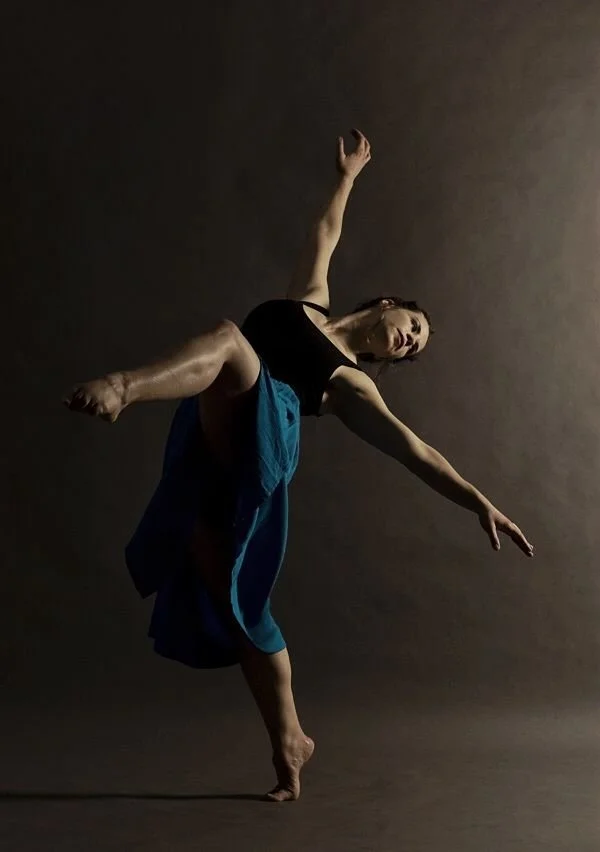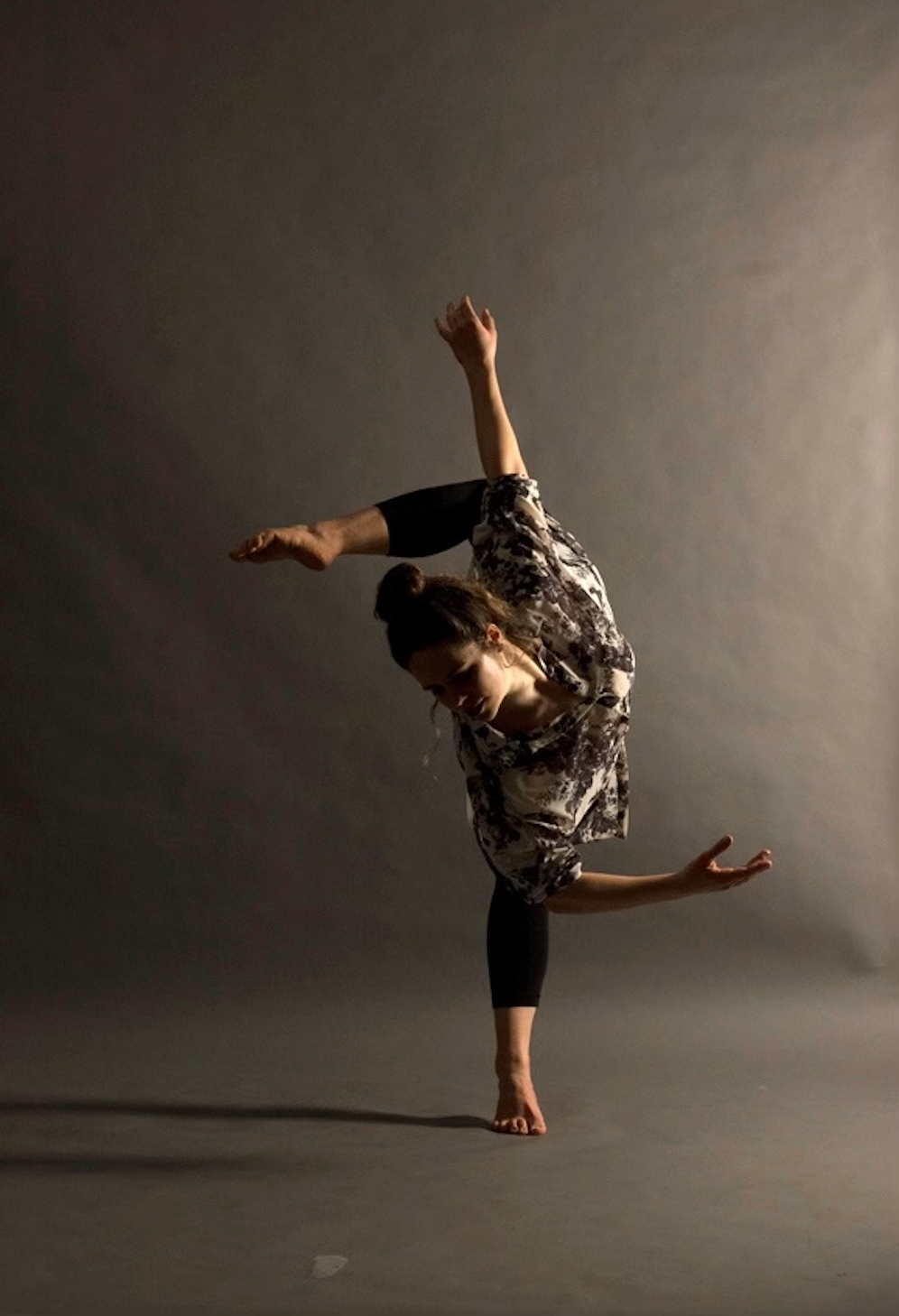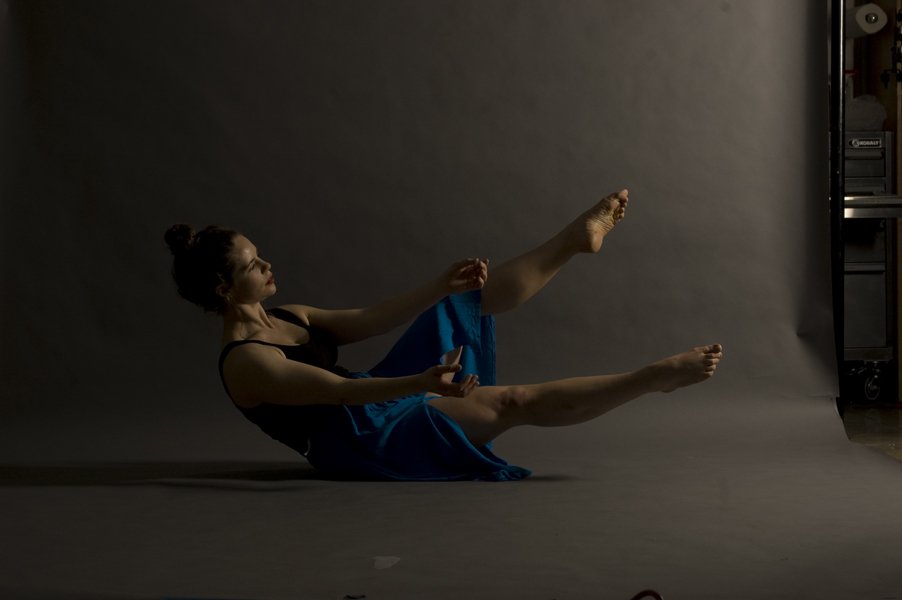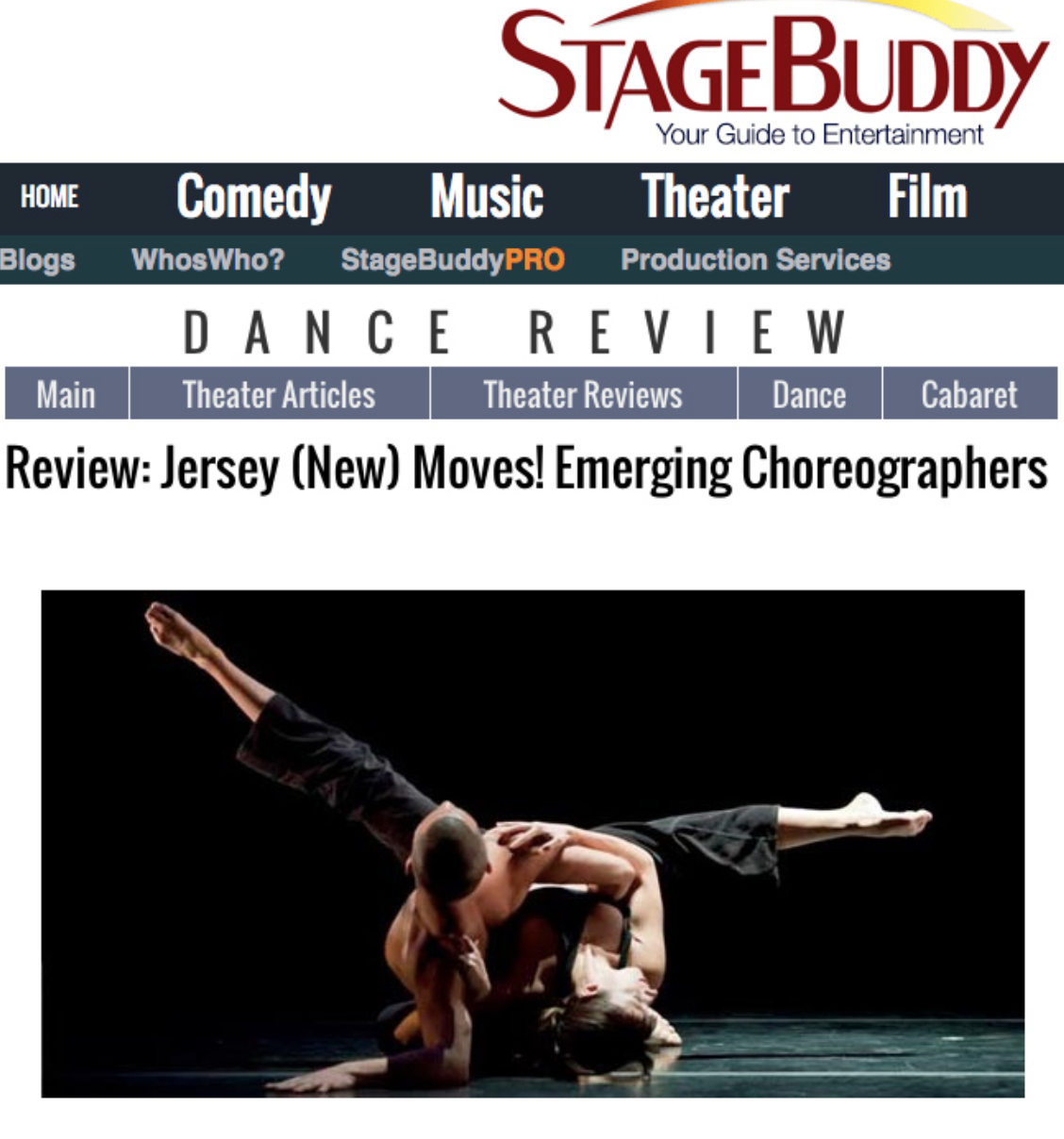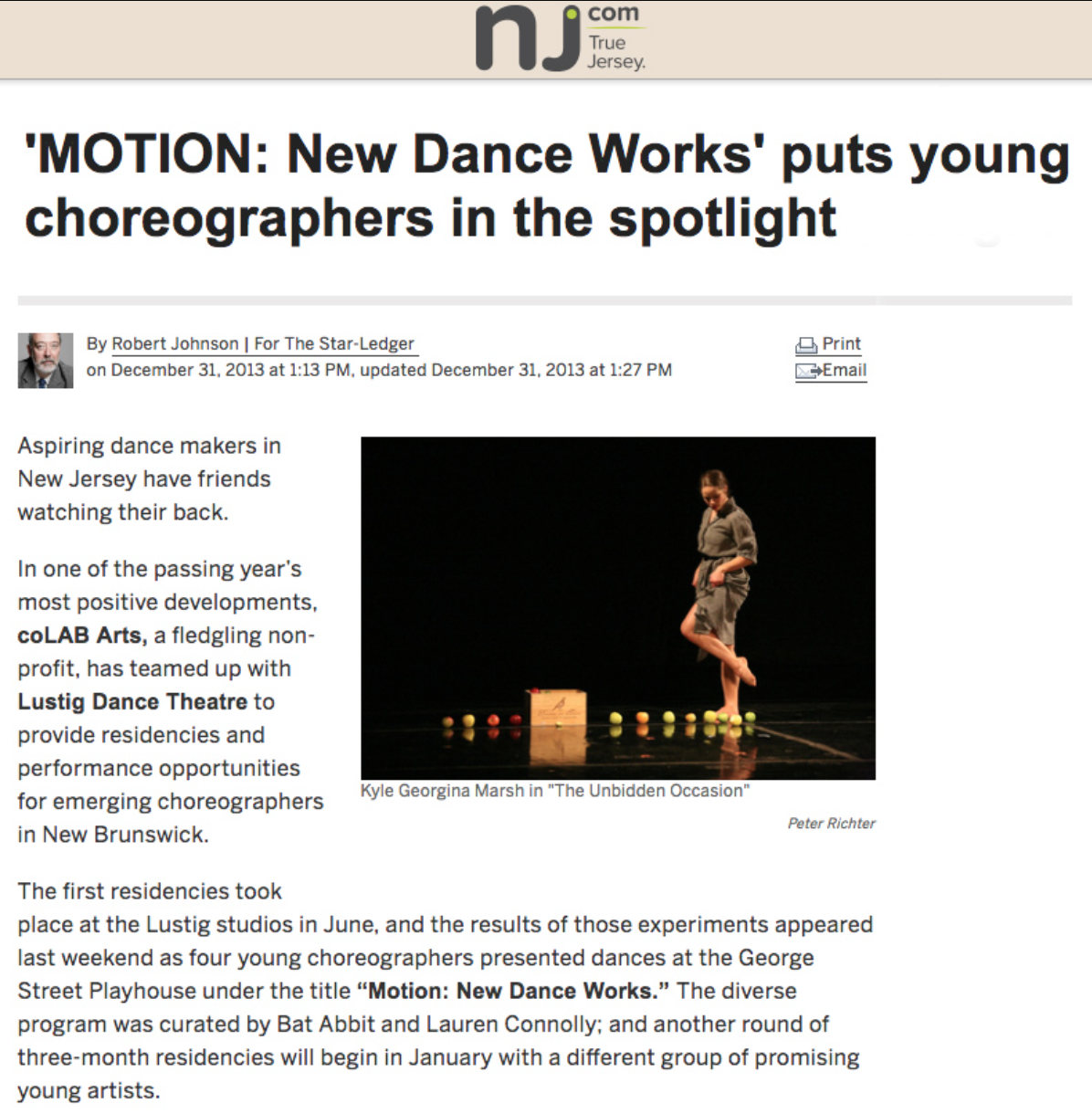Dance Education Portfolio
"To study the art of dance is to learn the language of bodily movement as it expresses and communicates the essence of humanity... all cultures organize movement and rhythm into one or more forms of dance" (NDEO, 2005).
PK-12 Philosophy Overview:
Essential Values:
Developing reflective, communicative, creative, and bodily-minded adults
Providing a safe and engaging environment for learners
Fostering a value for the individual development of identity, expression, action, inquiry, and creativity
Foundation of Pedagogical Practices:
Imagination
Community
Cultural Relevance
Democracy
Accessibility
Body-intelligence Sensitivity
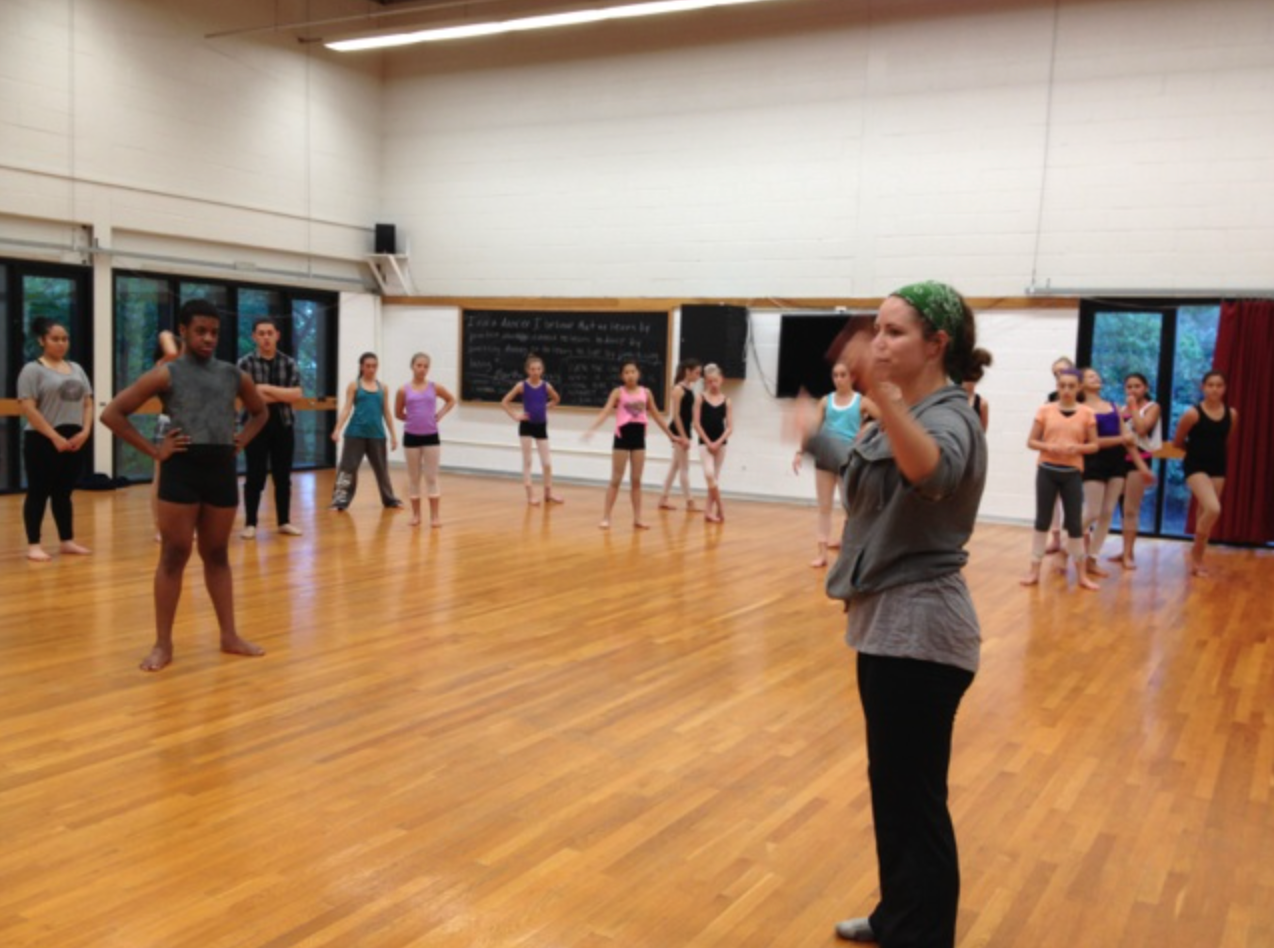













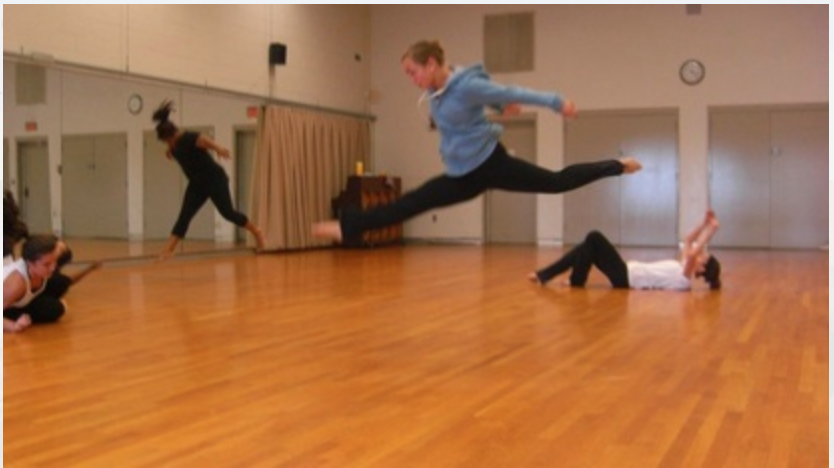
Teaching Philosophy
I believe that the primary purpose of PK-12 dance education is to facilitate the growth and development of reflective, communicative, creative, and bodily-minded adult artists. Pedagogically this means that my values are founded on the importance of student centered teaching. As a result I aim to embrace an approach to learning that treats the studio-classroom like a laboratory, where students are encouraged to investigate and discover inquiries of personal interest. This value system in turn prompts the acknowledgment of students not only as individuals but also as creatures of culture who bare with them, their own set of beliefs and experiences. In it's most essential form I understand dance as an innate aspect of human nature and communication.
Essential Quotes
"The having of wonderful ideas is what I consider the essence of intellectual development" (Duckworth, 2006).
"The arts are one of humankind's most vital forms of language" (Remer, 1996).
"To achieve the highest accomplishments within the scope of our capabilities in all walks of life we must constantly strive to acquire strong, healthy bodies and develop our minds to the limits of our ability" (Pilates, 1998).
"The role of the teacher is to provide the opportunity and space to students. The teacher ultimately must embrace intelligence, allowing students to leverage what they know and what they can successfully accomplish. As the students develop this essential opportunity, their imagination, interests, and creativity allow them to create love for their learning that may endure the travesties and injustices they face both in and out of the classroom" (Schultz, 2008).
"Imagination is more important than knowledge. For knowledge is limited to all we know and understand, while imagination embraces the entire world, and all there will be to know and understand" (Einstein, 1929).
Oral History & Choreography Unit Overview
Description & Summary: The purpose of this unit is to foster the development of each student’s sense of identity and validity within the context of contemporary and historical society. My end goal for each student in this process is that they emerge with a stronger sense of who they are, and how it is that this relates to their feeling empowered as an individual and a citizen. Students will be asked to select a topic or area of interest that relates to their personal lives or community as a means of developing an oral history project design outline that will lead them into the collection of a 20-minute oral history interview. After collecting their oral history interview students will use the data they have gathered as a research tool for the creation of an original piece of solo choreography. In the process of developing these oral history solos students will be exposed to a variety of choreographic tools. These choreographic tools will serve as the basis for a number of reflective, creative, and analytical writing assignments that students will generate in response to the information they have collected.
Research Overview:
At the heart of my research lies the question, "how can we foster and empower student identity?" The assumption that underlies this inquiry is that there is a need to support the development of adolescent identity. This assumption is founded not only on my own experiences as an emerging adolescent, but also as an educator who works with teenagers and feels conscious of their needs.
Research Claims:
Through the use of Project-based Learning (PBL) in the choreography studio-classroom students will feel empowered to view themselves as researchers, artists, and historians.
Empowering students in the choreography stuio-classroom to view themselves as valid researchers, artists, and historians will foster a more meaningful and easily transferable sense of "identity" and understanding in each student when they move from the choreography studio-classroom into the "real world."
Students who engage in a PBL choreography studio-classroom that utilizes oral history methodologies as a lens for their choreographic process will develop a stronger sense of validated self-realization, which in turn will lead to students to feeling empowered within the context of contemporary history.
Example of Student Work:
Artist Statement
My creative work is the body; how it moves and how it feels. I view dance as a vehicle for communication and am invested in creating work that emerges in response to the environments and cultural climates that surround me. As an artist I feel acutely aware of my role as a female in modern society. This sensibility has led me to create work that seeks to redefine and question the social and cultural roles of the body, identity, and sexuality. In this way I use my creative process as a means to develop compassion for the ideas and beliefs that feel outside of my own.
As a creator I believe the body holds within it an innate intelligence that is accessible through improvisation and movement. Utilizing this knowledge in the studio has heavily influenced the manner in which I direct dancers. I want the act of creation to feel like an act of survival, perpetually asking dancers and collaborators to investigate this sense of danger and “action potential” alongside of me. Working with movement phrases and improvisational structures to develop dance vocabulary and a sense of organization, I want our relationship as movers to feel primal and intimately connected to nature. My goal as an artist is to continually question my own process for thinking and creating.
Professional Artist Bio
Kyle Georgina Marsh is a Brooklyn based dance artist, educator, and longtime Pilates instructor. A citizen of the world, Kyle was born in Tokyo and raised throughout Japan, Australia, England, Hawaii, and New York. The power of imagination, movement, and intellectual exchange form the foundation of Kyle’s role as Artistic Director of The Dancing Georgina Project.
In June 2015 Kyle was one of four selected emerging choreographers presented in the New Jersey Performing Arts Center's “Jersey (New) Moves!” series. She has also enjoyed residence with CoLab Arts at Lustig Dance Theatre. More recently, Kyle's work has been presented in Fertile Ground (2017), WAXworks (2015, 2017), Your Move (2014, 2015, 2017), Crossing Boundaries (2015), The Outlet Dance Projects Dance on Film Fest (2015), Triskelion Arts Dance Film Lab Festival (2015), Under Exposed (2015), Motion: New Dance Works (2013), and the Brooklyn UPSTART Festival (2012), among others.
Academically, Kyle is interested in Oral History and Performance-based curriculums. Her workshop, “21st Century Adolescent Dance Researchers: Building Inquiry Habits and Skills Using Project Based Learning to Foster Student Identity,” was presented July 2015, in Copenhagen Denmark at the 13th Dance and the Child International World Congress.
Kyle graduated summa cum laude from Mason Gross School of the Arts with a B.F.A. in dance and holds a Masters Degree in Dance Education from The Graduate School of Education at Rutgers University. As a student, Kyle studied at the Jerusalem Academy of Music and Dance where her work was presented at both the Gertrude Krause Choreography Competition and in her own self-produced collaborative arts show, Visiting Voices. As a member of the Jerusalem Academy’s Dance Ensemble (JADE), Kyle studied the repertory of significant Israeli choreographers, apprenticed for select Israeli choreographers, and had the privilege of performing at The Susan Dellal Center for Dance and Theater in Tel Aviv.
The Dancing Georgina Project
About the Project:
The Dancing Georgina Project (DGP) is a dance initiative dedicated to the production of progressive and high caliber dance works. Fiscally sponsored by New York Live Arts The DGP is interested in collaborating with artists of all mediums to create work that is empowering, intelligent, and imaginative.
Formally organized by Kyle Georgina Marsh in 2015, as a means to further her creative interests, the project has been presented by The Moving Beauty Series, The New Jersey Performing Arts Center, Dixon Place, and Rutgers University. Additionally The DGP has participated in: Fertile Ground (2017), The Outlet Dance Project Dance on Film Fest (2015), WaxWorks (2017, 2015), Motion: New Dance Works (2013), Brooklyn UPSTART Festival (2012), Visiting Voices (2012), and The Gertrude Krause Choreography Competition in Jersualem, Israel (2012), among others.
Company Mission:
The Dancing Georgina Project is an artistic platform for the the production of socially responsive and conscious multimedia based dance works. Built around the belief that dance is a vehicle for communication The Dancing Georgina Project is committed to perpetuatating work that examins current social and cultural themes. Through the use of text, props, sounds, and movement it is our desire to create visually appealing and aesthetically meaningful dance-scapes.
In The Press


